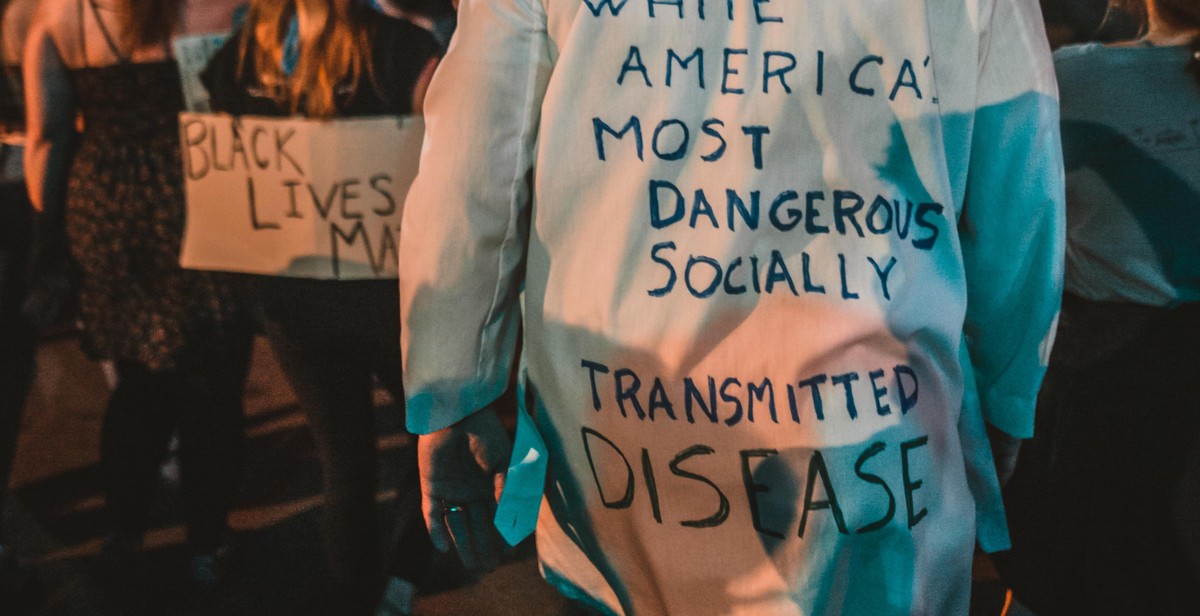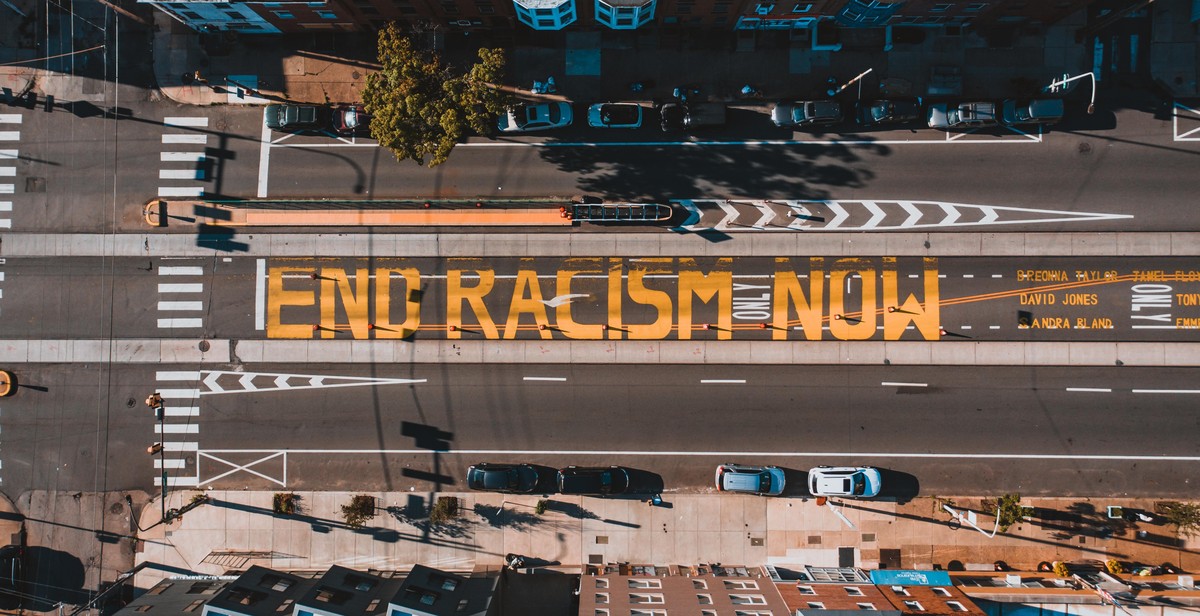Understanding the Psychological Effects of Racism
Racism is a pervasive and persistent issue in society that has a profound impact on individuals and communities. It is a form of discrimination that is based on race and can manifest in various ways, including prejudice, bias, and stereotyping. The psychological effects of racism can be devastating and long-lasting, affecting both the individual and the community.
The Impact of Racism on Mental Health
Racism can have a significant impact on mental health, leading to conditions such as depression, anxiety, and post-traumatic stress disorder (PTSD). The constant experience of discrimination and prejudice can lead to feelings of hopelessness, helplessness, and low self-esteem. It can also lead to social isolation and a sense of disconnection from one’s community.
The Effects of Racism on Physical Health
Racism can also have a profound impact on physical health, leading to conditions such as high blood pressure, heart disease, and diabetes. The stress and trauma associated with experiencing racism can lead to chronic inflammation and other physiological changes in the body.
Understanding the psychological effects of racism is essential to addressing this pervasive issue and creating a more equitable and just society. By acknowledging the impact of racism on mental and physical health, we can work towards creating a society that is free from discrimination and prejudice.

Defining Racism
Racism refers to the belief that some races are superior to others, and it manifests in various forms of discrimination, prejudice, and unequal treatment towards individuals or groups based on their race, ethnicity, or national origin.
Types of Racism
There are various types of racism, including:
- Individual Racism: This occurs when an individual holds biased beliefs or attitudes towards people of a different race, and they act on those beliefs through discriminatory behavior.
- Institutional Racism: This is a form of racism that is embedded in the policies and practices of institutions such as schools, corporations, and governments. It can lead to unequal treatment and opportunities for people of different races.
- Systemic Racism: This type of racism refers to the ways in which racism is embedded in the structures and systems of society, such as the criminal justice system, housing policies, and education systems. It can lead to the perpetuation of racial inequality and discrimination.
| Type of Racism | Example |
|---|---|
| Individual Racism | Refusing to hire someone based on their race |
| Institutional Racism | A school system that disproportionately punishes students of color |
| Systemic Racism | The racial wealth gap |
It is important to note that racism does not only occur on an individual level. It can also be perpetuated by institutions and systems, which can have a significant impact on the psychological well-being of individuals who experience discrimination and inequality based on their race.
Understanding the different types of racism and how they manifest is crucial in addressing and combating racism in society.

Psychological Effects of Racism
Racism is a significant social issue that affects individuals in various ways. It has numerous psychological effects on the victims, which can impact their mental and physical health, self-esteem, and identity.
Mental Health
Racism can have significant impacts on an individual’s mental health. It can cause feelings of anxiety, depression, and stress. The constant exposure to racism can lead to post-traumatic stress disorder (PTSD), which can be severe and long-lasting.
Studies have shown that racism can have a detrimental effect on cognitive abilities. It can impact memory, attention, and decision-making abilities. The constant exposure to racism can also lead to a decrease in self-esteem and self-worth, which can further exacerbate mental health issues.
Physical Health
Racism can also have significant impacts on an individual’s physical health. The constant exposure to racism can lead to chronic stress, which can have detrimental effects on the body, including high blood pressure, heart disease, and diabetes.
Studies have also found that the constant stress from racism can weaken the immune system, making individuals more susceptible to illnesses. Racism can also cause physical harm, such as in cases of hate crimes and police brutality.
Self-Esteem
Racism can have a significant impact on an individual’s self-esteem. The constant exposure to racism can lead to feelings of shame and inadequacy. It can also lead to a lack of confidence and a negative self-image.
Studies have shown that racism can lead to internalized racism, where individuals begin to believe the negative stereotypes and attitudes towards their own race. This can further decrease self-esteem and lead to a lack of motivation and ambition.
Identity
Racism can also impact an individual’s sense of identity. It can cause confusion and feelings of not belonging. It can also lead to a disconnection from one’s culture and heritage.
Studies have shown that racism can lead to a lack of pride in one’s identity, which can lead to a loss of cultural traditions and values. This can further exacerbate feelings of not belonging and lead to a sense of isolation and loneliness.
Conclusion
In conclusion, racism can have significant psychological effects on individuals. It can impact mental and physical health, self-esteem, and identity. It is essential to understand these effects and work towards creating a society that is inclusive and accepting of all races.

Racism in Society
Racism is a pervasive problem in society, affecting various aspects of life including education, employment, and the criminal justice system. It has a profound impact on individuals and communities, causing psychological trauma and perpetuating inequality.
Education
Racism in education manifests in a variety of ways, from discriminatory policies to biased teaching practices. Studies have shown that students of color are more likely to be disciplined harshly and receive lower grades than their white counterparts, even when controlling for academic performance. This can lead to feelings of inadequacy and low self-esteem, as well as a lack of opportunities for future success.
Additionally, students of color often face cultural barriers in education, such as a lack of representation in curricula and teaching staff. This can lead to a sense of disconnection from the education system and a feeling of not belonging, which can hinder academic achievement and future success.
Employment
Racism in employment can take many forms, from discriminatory hiring practices to unequal pay and promotion opportunities. Studies have shown that people of color are less likely to be hired for jobs, even when they have comparable qualifications to white applicants. They are also more likely to experience workplace discrimination, such as being passed over for promotions or receiving unequal pay.
This can lead to financial insecurity, as well as feelings of frustration, anger, and hopelessness. It can also perpetuate the cycle of poverty and inequality, as people of color are more likely to experience unemployment and struggle to support themselves and their families.
Criminal Justice
Racism in the criminal justice system is a well-documented problem, with people of color being disproportionately represented in arrests, convictions, and sentencing. Studies have shown that black people are more likely to be stopped and searched by police, even when there is no evidence of wrongdoing. They are also more likely to receive harsher sentences than white people for the same crimes.
This can lead to a sense of injustice and mistrust in the legal system, as well as a fear of police and law enforcement. It can also perpetuate the cycle of incarceration and recidivism, as people of color are more likely to be caught up in the criminal justice system and struggle to reintegrate into society after release.
| Aspect | Impact |
|---|---|
| Education | Low self-esteem, lack of opportunities |
| Employment | Financial insecurity, perpetuation of poverty and inequality |
| Criminal Justice | Sense of injustice, fear of law enforcement, perpetuation of incarceration and recidivism |
Racism in society is a complex and pervasive problem that affects individuals and communities in profound ways. By understanding the psychological effects of racism, we can work towards creating a more just and equitable society for all.

Overcoming Racism
Racism is a complex issue that requires a multifaceted approach to overcome. The following are some ways that individuals and communities can work towards eradicating racism:
Education and Awareness
One of the most important steps towards overcoming racism is education and awareness. This involves learning about the history and impact of racism, as well as recognizing and challenging our own biases and prejudices. Education and awareness also involve understanding the experiences and perspectives of those who have been marginalized or oppressed due to their race or ethnicity.
Community Building
Building strong and inclusive communities is another important step towards overcoming racism. This involves creating spaces where people from diverse backgrounds can come together, share their experiences, and learn from one another. It also involves fostering a sense of belonging and connection among all members of the community, regardless of their race or ethnicity.
Taking Action
Taking action is essential for overcoming racism. This involves speaking out against racism when we see it, advocating for policies and practices that promote equality and justice, and supporting organizations and initiatives that are working towards racial equity. It also involves examining our own actions and behaviors, and making a conscious effort to be anti-racist in all aspects of our lives.
- Educate yourself on the history and impact of racism
- Recognize and challenge your own biases and prejudices
- Create inclusive spaces for people from diverse backgrounds
- Foster a sense of belonging and connection among all members of the community
- Speak out against racism when you see it
- Advocate for policies and practices that promote equality and justice
- Support organizations and initiatives that are working towards racial equity
- Examine your own actions and behaviors and be anti-racist in all aspects of your life
